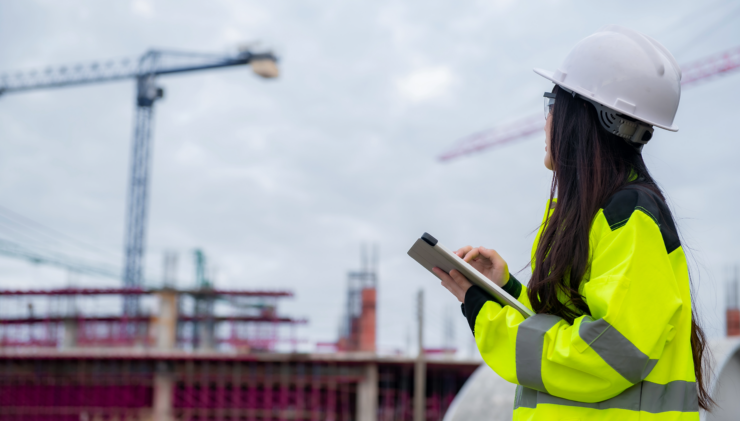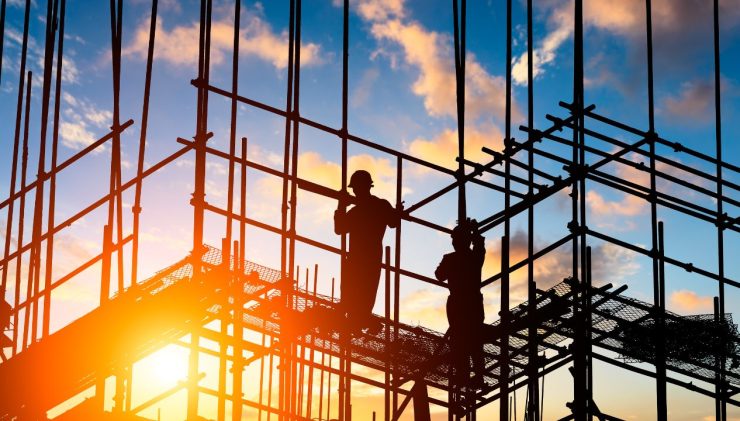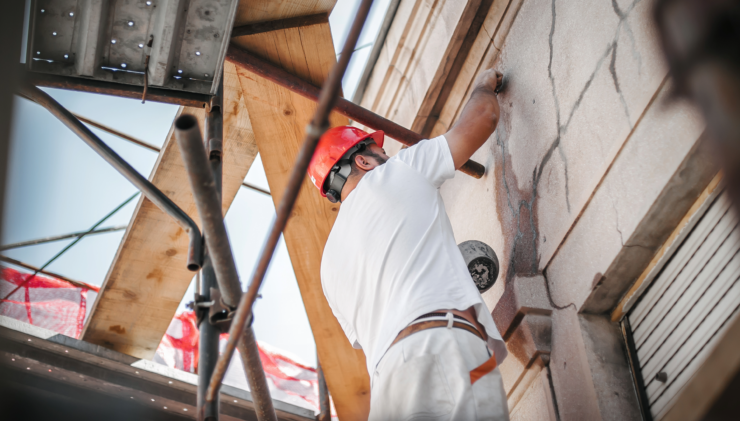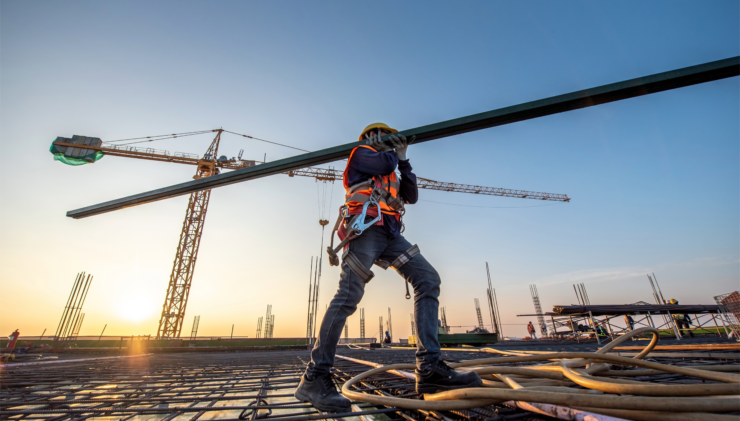 The Construction Industry's New Look at Women in the Workforce
The Construction Industry's New Look at Women in the WorkforceConstruction projects can be affected by many exposures. For example, a storm could damage equipment, a fire could burn a structure or criminals could vandalize the site. Since construction projects involve many risks, they require comprehensive insurance. In most cases, that includes a builder’s risk policy.
What Is a Builder’s Risk Policy?
Builder’s risk insurance is a type of property insurance policy designed to address the changing value of construction projects.
Determining the full value of a property during construction is complicated. At the beginning of the construction project, the building may have a relatively low value because you have completed only minimal work and have not used many materials yet. Toward the end of the project, the value will be much higher.
According to the Insurance Information Institute, builder’s risk insurance is a special type of property insurance that addresses this issue. If you have a replacement cost builder’s risk insurance policy and your building is destroyed when it’s half complete, the policy will pay one-half the value of the completed building. Likewise, if the building is three-fourths complete, you’ll receive three-fourths of the value. You will also report the actual value each month for more accurate coverage.
Builder’s risk insurance is important for contractors and subcontractors as well as others with a financial interest in the project, such as property owners and design companies.
Builder’s Risk Policy Variations
Although builder’s risk coverage is a common and important type of insurance for contractors, IRMI says there is no single standard builder’s risk form. Some policies use commercial property forms, but most use inland marine insurance forms.
These variations mean it’s important to check the terms in your policy. Don’t just assume your current policy is the same as one you had in the past.
What Does Builder’s Risk Insurance Cover?
IRMI says builder’s risk insurance is usually written on an all-risk basis and may cover property in transit and in offsite storage as well as property located on site.
All-risk policies cover any risks not specifically excluded in the policy terms. However, exclusions are common – your builder’s risk policy will likely exclude floods, earthquakes, and acts of war or terrorism. It may also exclude losses caused by employee dishonesty, wear and tear, and faulty design or planning. You may be able to secure add-on coverage for some excluded risks, such as flooding.
Despite these common exclusions, builder’s risk insurance covers many common risks that threaten a construction site, from theft and vandalism to fire and lightning.
Criminal activity is an ever-present risk to construction sites. Criminals may steal materials and equipment, potentially causing damage to the site while they’re there. If this happens, you can file a claim on your builder’s risk policy.
Your Builder’s Risk Policy
When purchasing a builder’s risk policy, you will need to work with your insurance company and broker to make sure your policy is tailored to meet the needs of your project. Be prepared to discuss the following topics:
- What is the projected value of the completed project? Since this value determines your limits, it needs to be accurate.
- What type of reporting does the policy require? Do you need to report monthly values? Do you need to report changes in the construction project schedule, such as delays?
- What types of loss and causes of loss does the policy cover? Most builder’s risk policies operate on an all-risk basis, but you should make sure you’re aware of any exclusions in your coverage and consider whether you need additional coverage.
- Does the policy protect materials and equipment when they are away from the worksite? It may cover property in storage and in transit, but you need to verify this.
- Does it cover additional expenses? Some builder’s risk policies provide coverage for these costs due to construction delays.
- Who is insured? A construction project often involves multiple parties, including the contractors, subcontractors, and property owners. You need to know who your policy covers.
Rounding Out Your Construction Insurance Package
A builder’s risk policy provides critical coverage for ongoing projects, but it does not cover everything that can go wrong. Other insurance coverage types to consider include workers’ compensation, commercial auto, contractor liability, and environmental insurance. Heffernan Insurance Brokers can help you assess your risks and insurance needs to help you secure suitable coverage. Learn more.
For large projects, wrap-up insurance may provide the best coverage and can be administered by Wrap Up Insurance Solutions.



